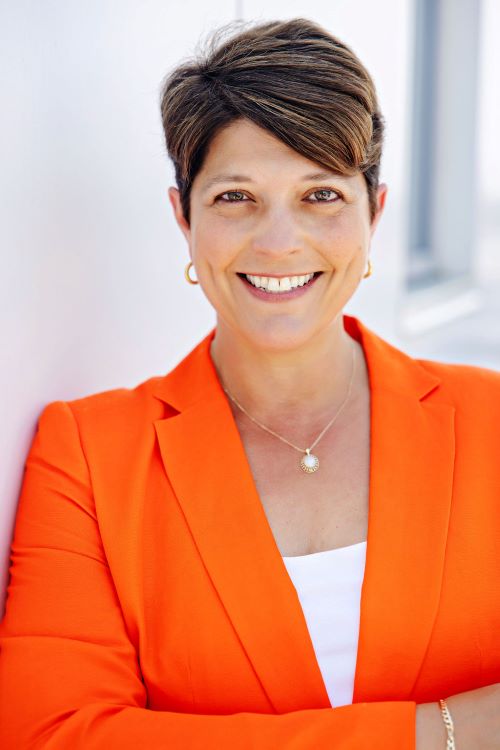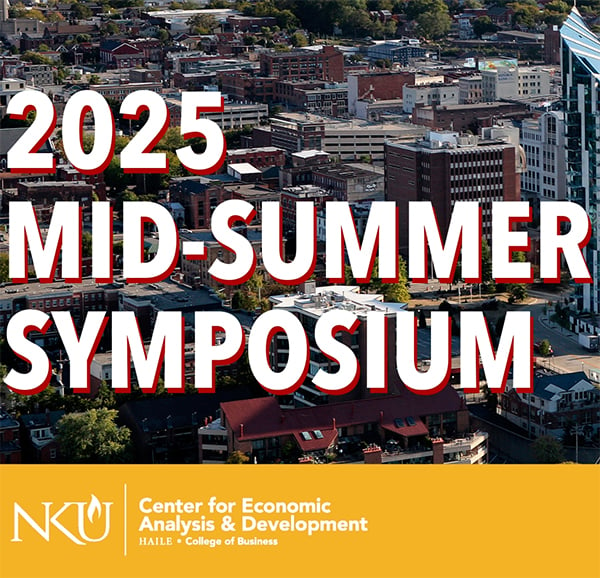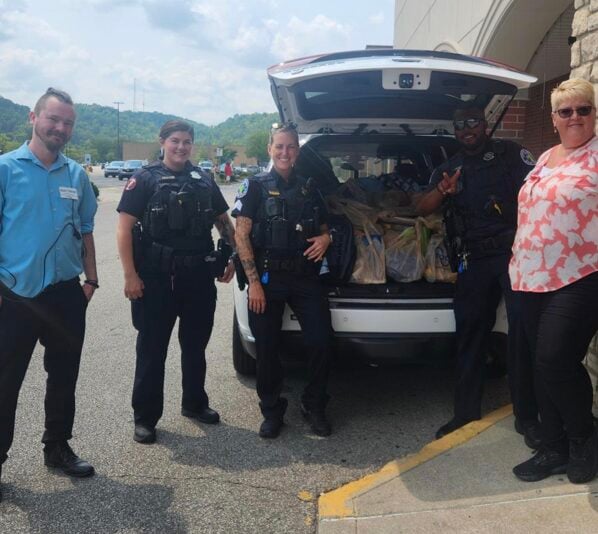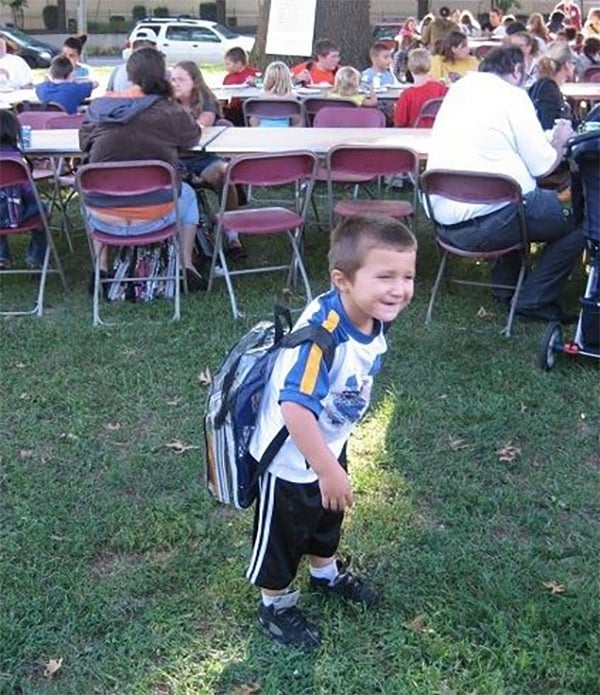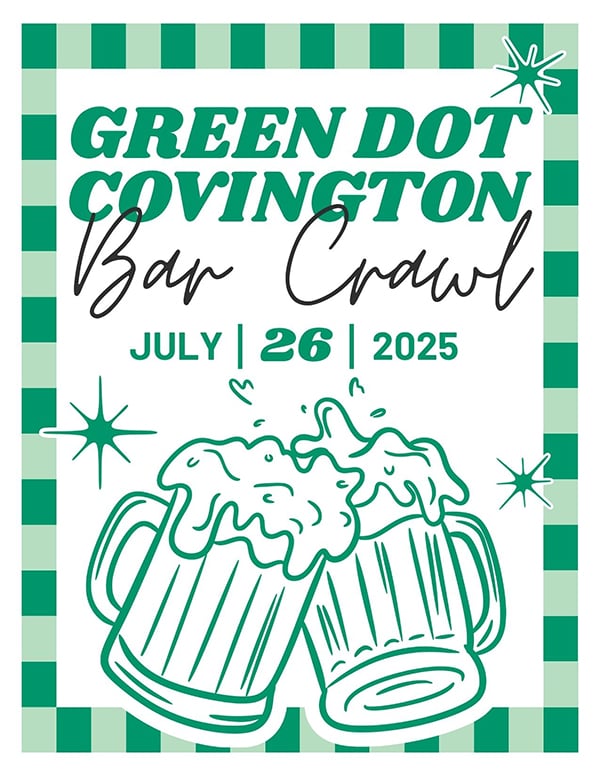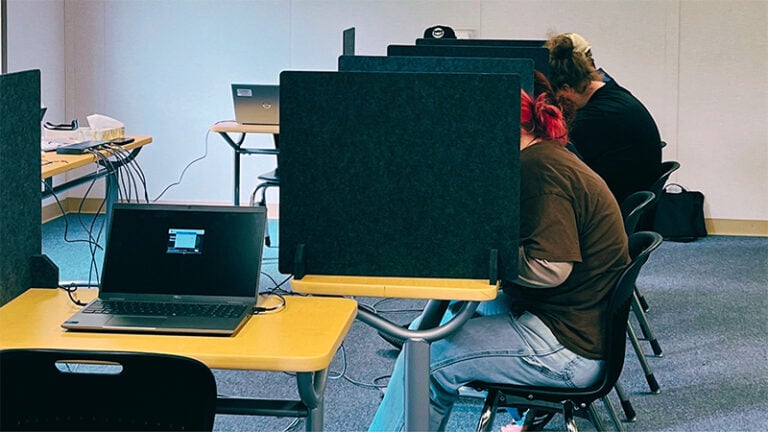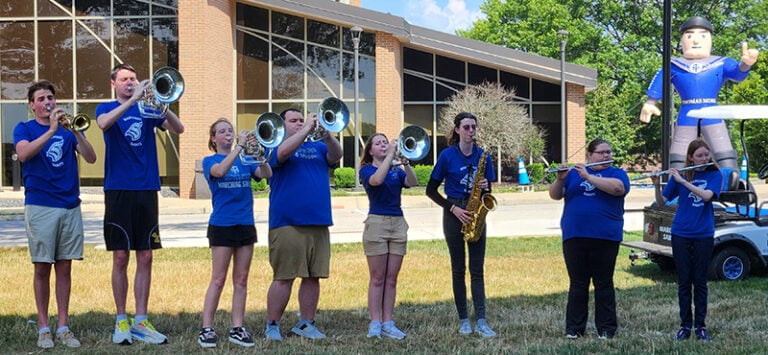By Don Heinrich Tolzmann
Special to NKyTribune
German bakeries were once plentiful on both sides of the Ohio River. Aside from bread and other baked goods, German bakers liked singing German songs, and in 1881 founded the Cincinnati Bäcker Gesangverein (Cincinnati Bakers Singing Society). A picture from its 30th anniversary celebration in 1911 shows that it had 121 members, making it one of the largest German singing societies in the area. This also indicates how many German bakers there were in the metropolitan vicinity.
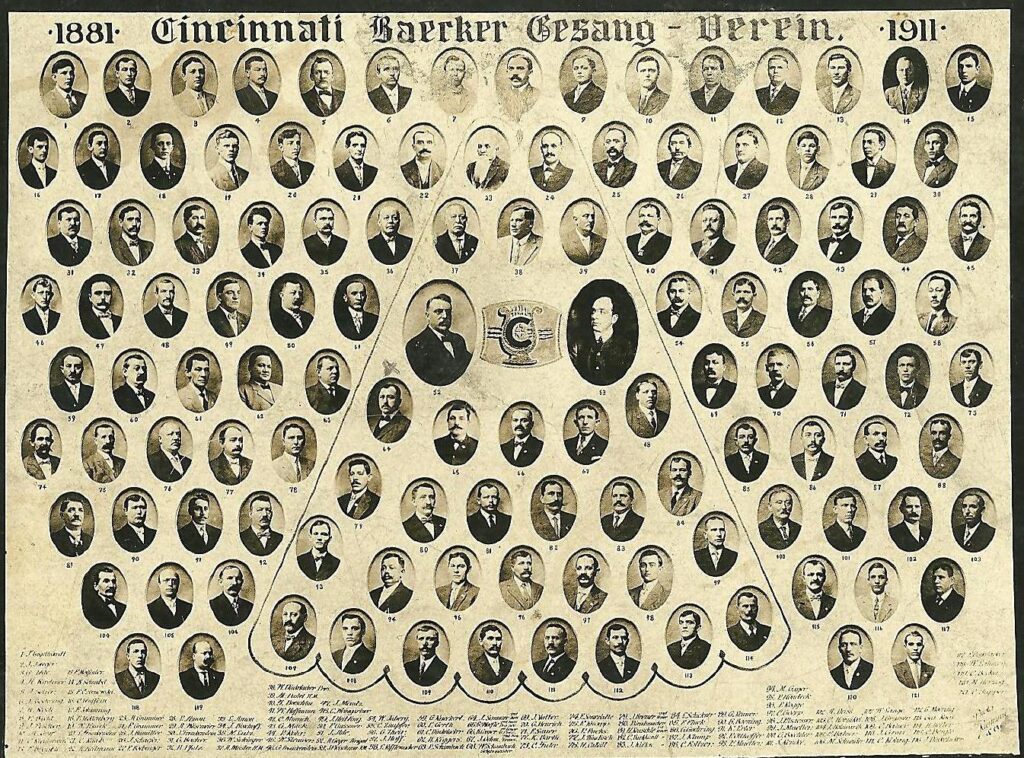
The society (CBG) first met at the hall of the Cincinnati Turnverein on Walnut Street in Over-the-Rhine, but then moved across the street to Grammer’s Café, which became its headquarters in the upstairs meeting rooms. This move made sense, as Anton Grammer (1832–1911), a German immigrant from Württemberg, was a baker. He came to the U.S. in 1854 and opened a bakery on Vine Street in Over-the-Rhine, but then moved to the corner of Walnut and Liberty Streets, where he opened Grammer’s Café. Bread is an important part of the German diet, and baking, like brewing, became a highly respected trade among Germans in America.
German bakers in our area had gone through a rigorous apprenticeship program that took several years. First, one became a “Lehrling” (apprentice), learning the trade at a bakery, thereafter becoming a Bäckergeselle (bakery journeyman). Finally, one could become a Bäckermeister (master baker), and earn a “Meisterbrief,” a master’s certificate. Going through this vocational education system compared with attending an academic institution and earning a degree. The apprenticeship system for baking certainly influenced the German baking trade in America, but in a less structured way.
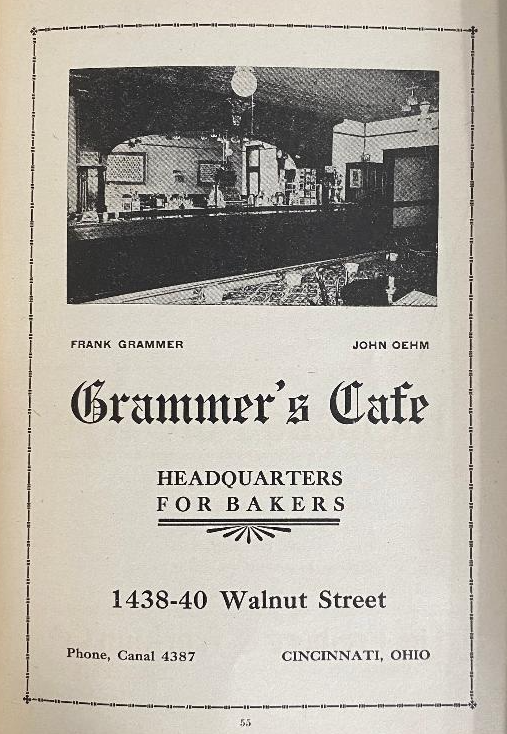
Prospective German bakers in our area did not earn certificates after completing a specified number of years, but did learn the trade by on-the-job experience with a German baker. So, bakers here, the German- and American-born, had either learned their trade in Germany, or at a local German bakery. Since many bakeries were family-run and multi-generational, it meant that bakers often educated their offspring to carry on what they had learned in the Old Country. And it was not unusual that non-Germans learned the trade by working at a German bakery.
German bakers were important to the community. They provided baked goods, and their society, the CBG, performed at German festivals, including National Song Festivals sponsored by the Nord-Amerikansche Sängerbund (North American Singers Association) that was founded in Cincinnati in 1849. The best-known director of the CBG was William J. Kappelhoff (1892–1967), the father of Doris Kappelhoff Day (1922–2019). Given the musical background of her family, it is not surprising that she became a singer, and eventually a famous movie actress known as Doris Day. Her grandfather was from Warendorf in North-Rhine-Westphalia, an area that contributed many immigrants to the area. He came to America in 1890.
The CBG belonged to the Vereinigten Sänger (Combined Singers), the umbrella association of local German singers, which Kappelhoff also directed. In a concert held at Cincinnati Music Hall in 1950, it raised $10,000 for the postwar relief for Germany. And in 1952, it participated in the National Song Festival that took place at Music Hall, sponsored by the Sängerbund. As Over-the-Rhine declined, the CBG moved its meeting place to Steuben Hall in Clifton Heights and continued singing at area German festivities.
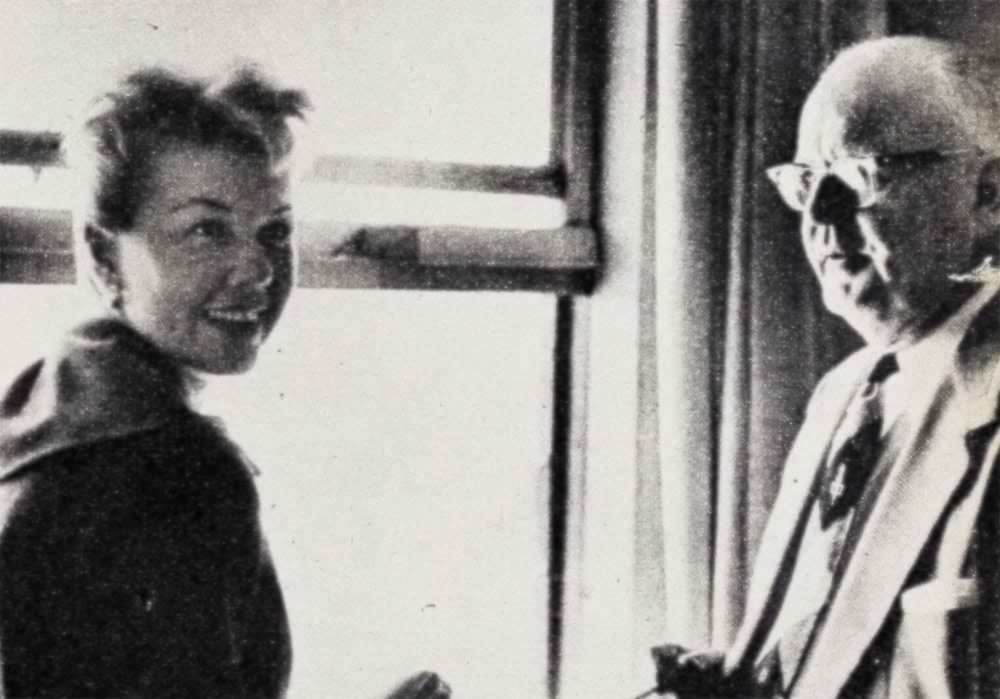
Members of other trades also formed German societies, but the bakers were the only group that created a German singing society. Aside from singing and charitable postwar relief work for Germany, the CBG also sponsored a popular annual Bäcker-Ball (Bakers’ Ball). However, German bakeries declined in number as grocery stores became the place to shop for baked goods. Membership also declined in the CBG, and it eventually was dissolved by the early 1980s.
Fortunately, a new German singing society was formed, the Kolping Sängerchor, which holds concerts and performs at German festivals. There are still a few bakeries that provide German baked goods, the most well-known of which are the Servatii Bakeries, which can be found on both sides of the Ohio River. So, German-style baking and song-making continue the heritage established by German bakers and the German singing society they formed almost 150 years ago.
See also this Our Rich History story on Servatiis Bakery and the Gottenbusch family.
Don Heinrich Tolzmann is a nationally and regionally noted historian of German Americana. He has written and edited dozens of books, and contributed to many others, including The Encyclopedia of Northern Kentucky.
Paul A. Tenkotte, PhD is Editor of the “Our Rich History” weekly series and Professor of History at Northern Kentucky University (NKU). He can be contacted at tenkottep@nku.edu. Tenkotte also serves as Director of the ORVILLE Project (Ohio River Valley Innovation Library and Learning Engagement).







